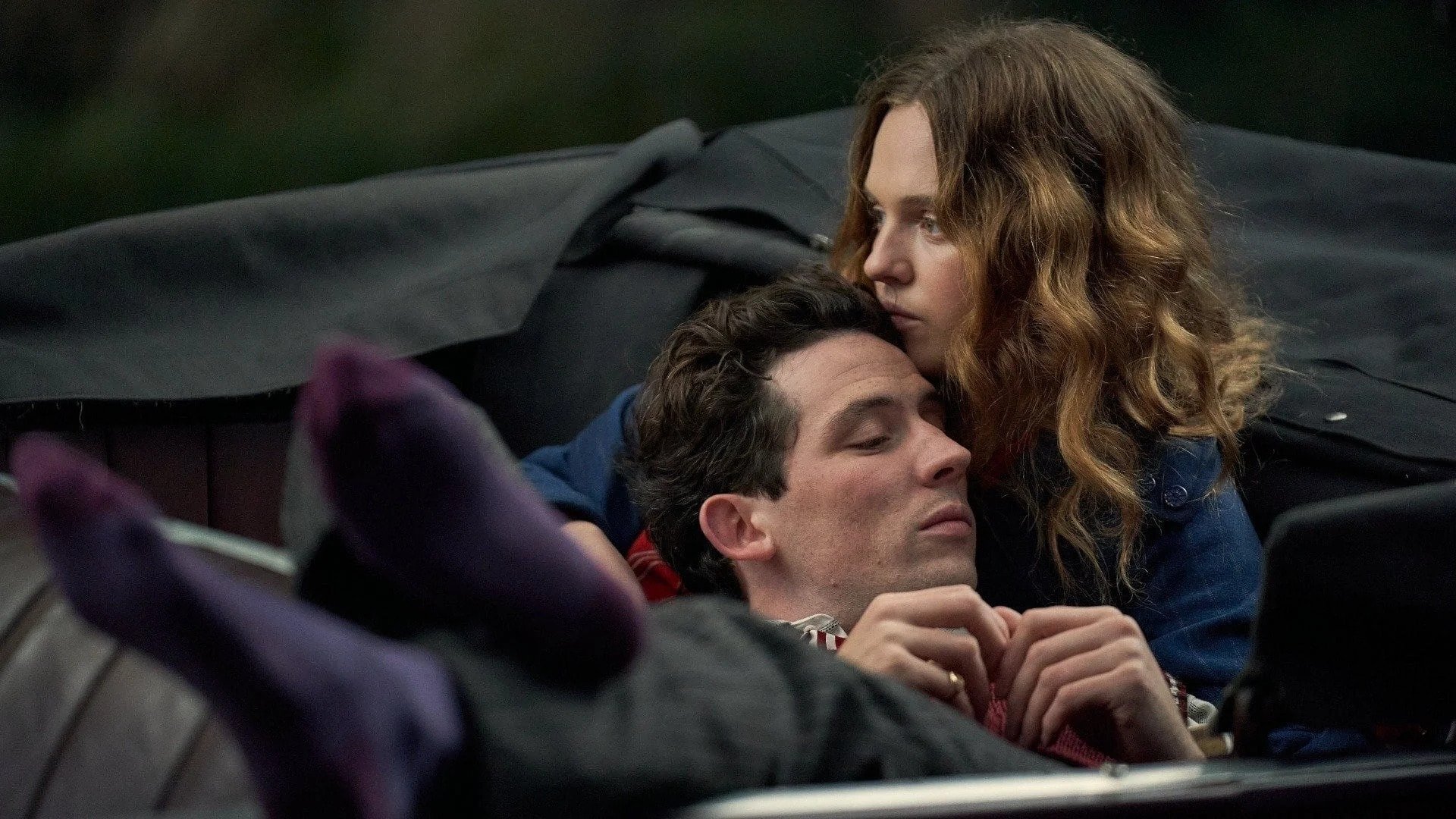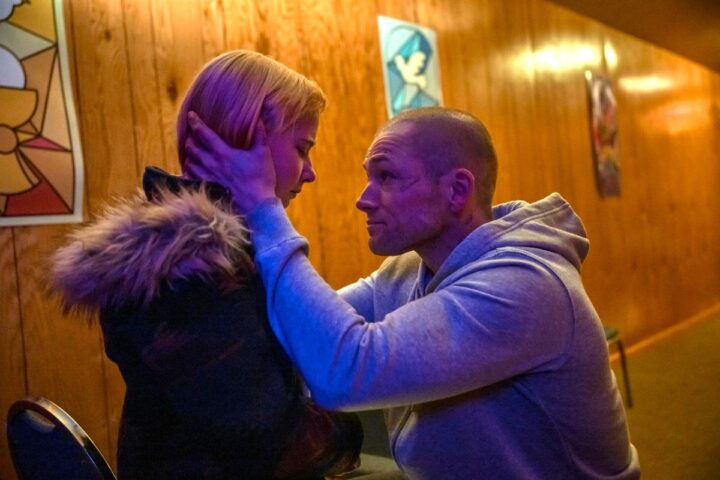A young writer emerges on Mothering Sunday, French filmmaker Eva Husson’s fitfully intriguing adaptation of Graham Swift’s prizewinning 2016 British novel about an orphaned servant to the upper class whose brushes with intimacy and loss propel her artistic flowering. It’s a handsome, often sensual film about ill-fated love, class distinctions and the power of grief to immobilize, inspire or both.
Initially, Mothering Sunday appears as if it might be an Upstairs Downstairs, Merchant Ivory affair in the vein of Downton Abbey, and the impeccably tasteful production values and period rendering undeniably evoke such contexts. But after its initial set-up the picture eschews the usual, familiar stateliness in favor of a slightly more adventurous agenda, including a nakedly sexy affair, poignantly rendered tone, adventurous actress punching through any stifling regality and wandering time structure that may not cumulatively add up to all that much but at least gives the great Glenda Jackson a brief cameo.
Despite such merits carried off by a pedigreed cast doing respectful service to the substantive source material, as movie drama it has an understatement that feels decidedly minor-key; an emotional restraint that tends to blunt its impact.
The relatively simple story is given a complex structure across three time periods, the principal action taking place on Mother’s Day in 1924 across the English countryside, where we meet Jane Fairchild, played by the arresting Odessa Young (Shirley), orphaned since childhood and the live-in maid to upper class Mr. and Mrs. Niven, a dream team combo of actors Colin Firth and Olivia Colman. The Nivens live in state of suspension, grieving the loss of two children in the war, symbolic of a Britain enveloped in heartache by the casualties of war.
While Jane has no mother or living relatives, she is nonetheless granted the holiday off, the Nivens embarking on lunch with friends, including the Sheringhams, whose dashing son, Paul (Josh O’ Connor), is engaged to be married to Emma Hobday (Emma D’Arcy). But while upper class Paul is supposed to be attending the luncheon with his increasingly distressed fiancee, he’s home making love, and conversation, with soul-mate Jane, from whom he is separated by the dictates of class. Such star-crossed social station entanglements have been explored many times before (including in Merchant Ivory’s Howard’s End and Maurice), but here Husson revels in the pair’s amorous connection, eye-opening in such a milieu.
This connection also provides a cavalcade of extended nudity underscoring Jane’s libertine awakening (in one eye-opening sequence she wanders the Sherigham manor alone, au naturel, amongst art, literature and a left-over (engagement?) cake. Young’s freedom onscreen is something to see, but such copiously excessive skin also effectively takes us out of the picture, inadvertently supplanting our suspension of disbelief for 1924 while we contemplate the daring of its young 2022 actress.
After a tragic development offers a terrific sequence where Jane must hold her grief in while marching through required protocols, the picture moves back and forth in time, namely the 50s where Jane is a fledgling writer working in a London bookstore with a live-in partner named Donald (Sope Dirisu), diagnosed with a brain tumor. And then the picture moves to the present where Jackson plays the aged Jane, a now-famous novelist who wins a major literary prize and then thumbs her nose at the throng of journalists on her doorstep.
What does all this amount to? Primarily, Mothering Sunday is a study of the impact of grief on the heart of an artist, its formative devastations eventually launching Jane to a renowned, albeit a solitary late life, one channeling her heart and traumas to acclaim, if little else.
Firth and Colman are effective enough in somewhat narrowly conceived roles requiring neither to meaningfully stretch. Firth, who has several scenes alone with Jane (but few with wife Colman), is unable to convey his sadness, which is also eating away at Colman, who fares fine here but spends much of the film offscreen and is given little to do. When she does break and appearances fall away during a tearful public outburst, her performance seems very much in the Olivia Colman Wheelhouse as her signature, tightly-coiled anxiety pours fourth with furious vociferation.
Colman does have a well-written late scene with Young espousing the blessings of Jane’s orphaned past: “You have absolutely nothing to lose and you never shall. Nothing to lose. You have everything to gain. That is a gift, Jane, and you must learn to use it.” This eloquent exchange, the picture’s best dialogue, is likely the reason Colman took the role which otherwise offers little agency or much challenge.
Technical credits are superb, notably the often dreamy compositions of cinematographer Jamie Ramsay, making visual poetry out of slow motion horses of memory and fields of flowers blowing in the breeze, lending a touch of Terrence Malick (complete with whispered voiceover), and Oscar-winner Sandy Powell’s costumes are well-appointed across eras.
The sum of many effective elements, Mothering Sunday somehow fails to go deeply enough into its heroine to say all that much about life, loss or art. The themes are there but they are not quite effectively dramatized; the picture feels an object of art rather than one of substance.
2 1/2 stars.



